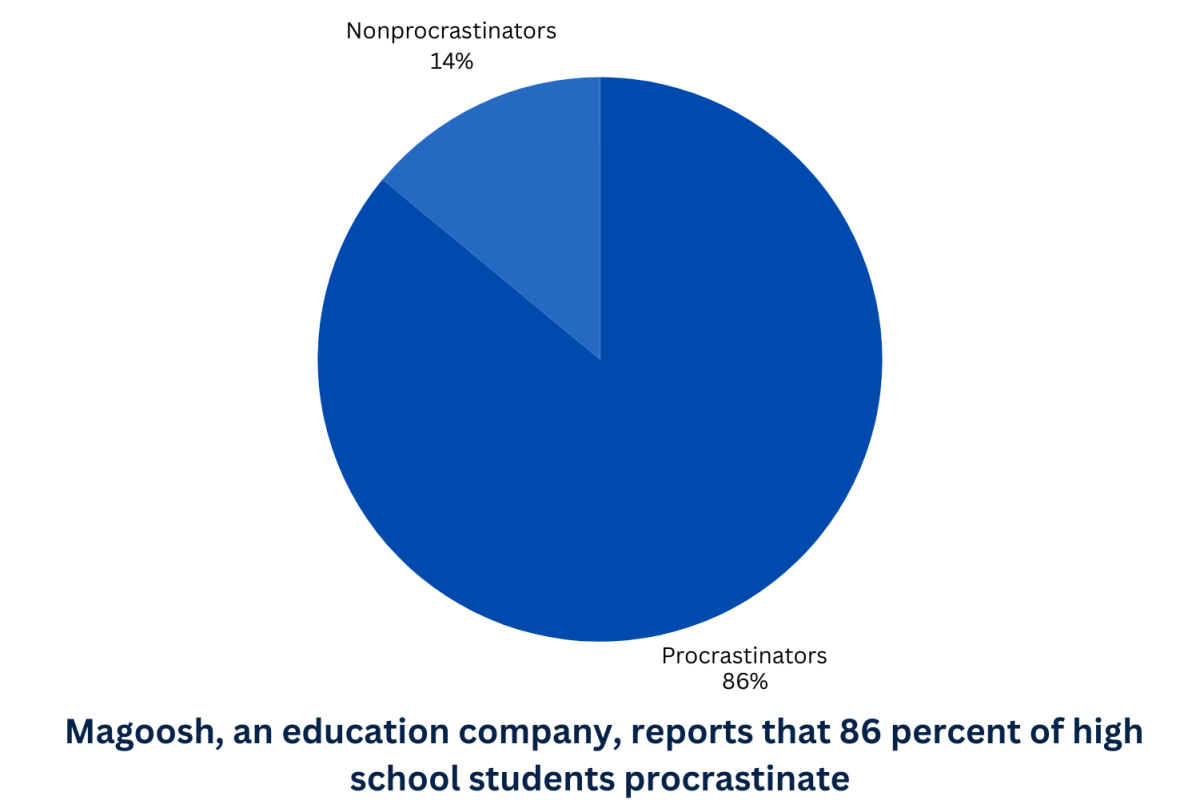
The stage has been set, the props have been arranged, and the actors are all flooding in. Except this isn’t a show worth your time, nor is it worth your money. The actors don’t know their lines or the plot, and whatever time they spend on their job is focused on their careers. To add insult to injury, the actors still get paid handsomely.
That’s how people are, and have been, perceiving Washington D.C for a long time now: as a broken system that doesn’t work. They see the potential of the performance, but are frustrated with the uselessness of the actors. An institution with a foundation so weak that a light breeze would be enough to tip it over: a house made out of cards.
For the few who have been living under a rock this past year, Netflix released a brand new political television show that has garnered the attention of countless around the world. Its calculating and Machiavellian protagonist, Francis Underwood, takes the spotlight as episode after episode he continues manipulating, lying, and in one case, even killing, in order to further his position in the establishment. You can’t help but admire how flawless his planning and execution are, and at some points you even want to like the guy, but when push comes to shove and someone gets hit by a moving train…well, let’s just say that it forces you to see the truth about Underwood. And here’s the kicker: as the population looks at those moments gasping with horror, a thought emerges; slipping past the realization of the mind, it sends a jolt through every bone as the question formulates, “Could this all be true?”
Now, in no way am I suggesting that people are pushed in front of trains in order to cover up mass corruption in the government, but what can be asserted without much debate is the fact that Washington is surrounded by an atmosphere that reeks of dysfunction and yes, perhaps even deceit. “House of Cards” managed to do what we alone couldn’t; it compelled us to entertain the notion that politics is a far more cynical game than we could have ever imagined.
“It portrays something that people think might be happening. It is portrayed in a very realistic way so you think it might be happening and you’re a part of it and you feel you know what’s going on,” remarked Mr. Brian Voss, LHS sociology teacher and self-proclaimed binge-viewer of “House of Cards”. “It brings you into the suspense. It makes it seem real.”
It’s hard to speculate as to what really goes on in the halls of the Capitol, and a part of that goes back to lack of transparency and cloud of ambiguity that surrounds the institution. There’s always talk of under-the-table deals, and behind-the-curtain meetings, but that only provides more of the same. It just adds to the noise that something is wrong about the way our government functions. The real question should be why are we so attached to the idea that corruption is an ever-present factor in politics? If we look at society, the overwhelming majority of people hold less than positive views of our government, with a Gallup poll revealing that only 3 percent of Americans have a great deal of confidence and trust in Congress. To most, brokenness is now synonymous with politics. But why is that?
“It’s the perception from outside D.C. What is the perception when a candidate fund raises? When they ask a donor for money, is the donor buying a vote or are they supporting a friend?” pointed out Mr. Dennis Duffy, a government teacher and former practicing lawyer. “When you have billions and billions of dollars involved in some process, it’s invariably going to look dirty.”
Votes used to hold power, but now it’s money that takes the throne as the dictating factor in politics. Politicians need it to run a competitive and legitimate campaign. Maplight, a non-profit organization that tracks money in politics, estimated that in 2012, a candidate running for the House of Representatives received an average of $1,689,580. That roughly translates into $2,315 a day. The constant pressure of money and the need for it is toxic to the political system and worse, undermines the democratic process by placing value on the money instead of the ideas that could allow our nation to progress.
“The role of money — I keep going back to it — is huge. Money is everything in politics. If you don’t have money, you don’t have a say. That leads to the brokenness of the democratic process,” stated Mr. Voss.
“House of Cards” illustrates the corrosive nature of money and its immense influence, especially when thrown in the political arena. After two grilling seasons of plotting, the audience finally understands and puts the puzzle pieces together. House Majority Whip wasn’t enough, Vice President wasn’t enough; no, Underwood had far greater aspirations: the presidency. Through the direct manipulation of money contributions to the Democratic Party, Underwood is able to taint the White House with the stain of corruption, enough to have impeachment procedures started, and in effect securing his claim to the oval office.
The limitless ambition for power, with the never-ceasing supply of money, creates an interesting mix, one that often pushes ethical boundaries, and challenges moral norms. The essence of “House of Cards” proves this; an insatiable thirst for power combined with the means to acquire that power is a major reason for political dysfunction and depravity.
“At some point people become so frustrated that democracy corrects itself,” reflected Mark McKinnon, in an interview to the Week Publication. McKinnon is the founder of the organization No Labels, a group dedicated to the idea of cooperation between both parties.
So are we at that point? I don’t think so. Men and women still stand up for righteous reasons, and journalists continue to dig and expose those who would hide, but the problem is in us. It is after all, we the people who vote for the same people with the same ideas over and over again. The fact of the matter is simple: the foundation for a house of cards is being built by us. We can stop at any second, but we don’t. Instead of looking at the capital as the cause of our ailments, maybe we should start examining our own towns and states. After all, the capital is a mere reflection of the country, and it’s our divisions that have been carried to Washington D.C. Not the other way around.








